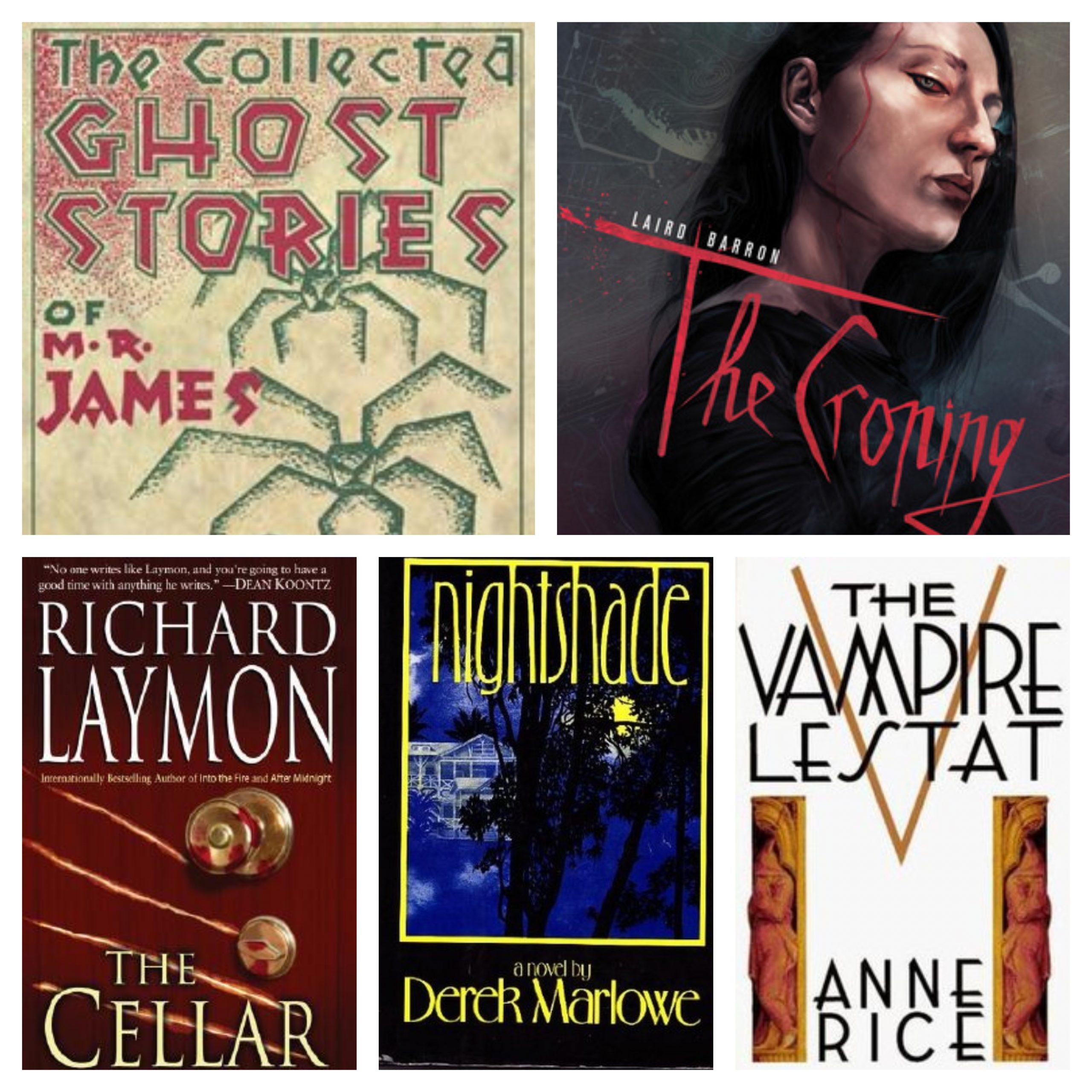When I first started this whole journey through a big ass list of horror books and started mentioning it to people, I inevitably received the response: “How can you read that much horror? Don’t you think you’ll get sick of it?” To that I say, of course not, silly goose! Sure if I stuck just to haunted house stories or just to stories of monsters eating people in the woods or just to serial killers or just zombies or really any one style of horror fiction, I’m sure I’d get tired of it pretty quickly. Fortunately for me, fear is a wide-encompassing emotion that can result from a very wide variety of different tales. Different people growing up in different experiences and different cultures are going to be scared by a vast breath of different ghouls and ghosties which makes it easy to avoid burnout.
Which brings me to this next batch featuring a healthy variety of stories. We have a tome of stone cold ghost story classics, a witchy tale of cosmic horror, a gross and over-the-top tale of shock horror, an eerie disintegration of a relationship amidst Haitian voodoo and a follow-up to one of the most popular books of vampire fiction ever.
Also for those just joining me, this is my journey through the following “Best of” Horror lists:
Reedsy Discovery Best Horror Books
Stephen Jones & Kim Newman’s Horror: 100 Best Books
Stephen Jones & Kim Newman Horror: Another 100 Books
If you want to check out my previous entries, they can be found here:
Part 14 | Part 13 | Part 12 | Part 11 | Part 10 | Part 9 | Part 8 | Part 7 | Part 6 |Part 5 | Part 4 | Part 3 | Part 2 | Part 1
Now whirl, whirl, twist and twirl, ump all around like a flyin’ squirrel as we get down to business.
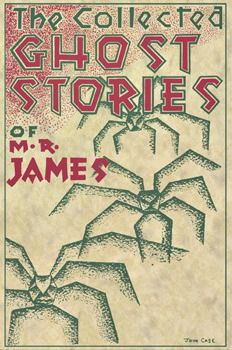
Collected Ghost Stories (M. R. James, 1931)
Lists: NPR (“Oh Whistle and I’ll Come to You, My Lad”), Reedsy Discovery (The Collected Ghost Stories)
M. R. James is arguably one of the most influential writers of horror fiction in history. While not extremely prolific, many of his stories are straight up bangers. One thing that I found interesting about James is that he is often referenced as a master of the ghost story, but oddly enough, many of his most well-known stories don’t actually contain ghosts in the traditional sense, that of a spirit of a deceased person. Some of the terrors are otherworldly creatures like the thing in “Oh Whistle and I’ll Come To You, My Lad” (which I suppose could be a ghost but seems doubtful), the hairy beast on the final page of “Canon Alberic’s Scrap-Book “, the mysterious hand reaching out from room “Number 13” and several others. Many of them, like the Amityville horror sequels revolve around cursed objects (in fact he even has a story/essay called “The Malice of Inanimate Objects”) like the aforementioned whistle in “Oh Whistle”, the crown in “Warning to the Curious”, the titular object in “The Mezzotint” and “The Haunted Doll House”, etc. Not to say there aren’t some actual ghost stories in here too. I’m just to speaking to the breath and variety of stories that James is capable of conjuring up. I never felt like they got very repetitive, unlike James’ contemporary E. F. Benson. Another thing I appreciated about James is that, unlike Lovecraft, James doesn’t flinch from actually describing the bizarre horrors at times with very rich, eerie imagery. Certain things stick in my mind like the “long gray hair” on the arm of the thing in “Number 13” , the “figure in pale, fluttering draperies” pursuing the runner on the beach moving with a strange irregularity in “Oh Whistle”, or the ” frog—the size of a man” with “scanty white hair about its head” chillingly associated with child murder in “The Haunted Doll’s House”.
Not all the stories are classics of the genre though. Some like “Martin’s Close” are just too long for what I felt wasn’t an amazing payoff or too slight like “Two Doctors” and while I mentioned earlier that James didn’t repeat himself near as much as Benson, some of the stories do feel a little too much like each other. Still, James is rightfully held a master of a genre with good reason.
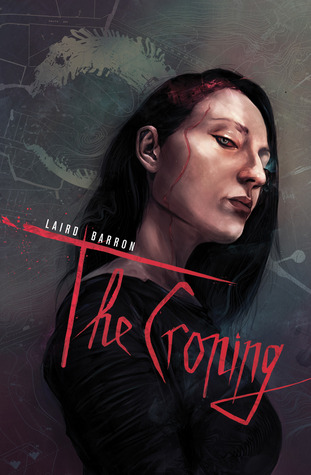
The Croning (Laird Barron, 2012)
List: Reedsy Discovery
We open with a retelling of the classic tale of Rumpelstiltskin, the real story, not the one for kids, before we meet our protagonist of the story, Don Miller, a geologist married to the eccentric anthropologist Michelle whose arcane theories have led her into mysterious and unfathomable places beholden to Old Leech which endangers the lives of he and his family as well as his own sanity.
I feel conflicted about this one. I’ve professed before my affinity for cosmic horror, and in particular the last third of this book delivers on that account a pretty interesting mythos. The problem is that the middle of the book just draaaaaags badly and feels somewhat aimless with extended digressions on topics that may be tangential to the narrative but not essential. It also has a couple of major exposition dumps toward the end that I feel could’ve been doled out a little more cleanly. Still Barron has a flair for Lovecraftian descriptions that wouldn’t feel out of place in an Arkham House collection. I guess I’m just disappointed that this could’ve been much better.
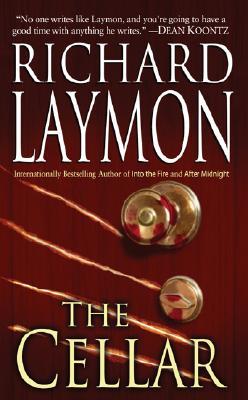
The Cellar (Richard Laymon, 1980)
Donna and her daughter Sandy is on the run from her newly released form prison pedophile ex-husband Roy. They have a car accident in a small coastal town north of San Francisco which unfortunately happens to be the location of The Beast House, a dwelling home to multiple, gruesome vicious murders over several decades attributed to a hulking beast. When their paths cross with a survivor of beast house and the hired killer he’s brought in to take care of the beast once and for all, it sends them all on a collision course with a whole lot of gruesomeness.
Hey, guess what? This is the first book in this whole project that I think I actively hated! Ain’t that somethin’? Laymon’s writing style is similar to Dean Koontz’ but with less talent while also replacing the syrupy sentiment with gross rape and pedophilia. I mean. there’s a lot. I get he wants to make Donna’s ex truly a horrible person but jeebus… I don’t need those details. Plus Roy’s denouement is very anti-climactic in comparison to the path of depravity and destruction he has left in his wake. There’s so much of this I have problems with even beyond the creepy pedophile stuff. The romance between Donna and the hired killer (named Judgment ‘natch) feels laughably rushed. They are literally having sex in a bathroom within earshot of multiple people like the second day they meet (or maybe the first even?). I mean, she’s fleeing for her life with her daughter, right? Also her daughter seems to have more sense than she does. After she tells her sister where they are for no particular reason, her daughter has to be the voice of reason and say ‘hey, maybe not go around telling people where we are?’ Laymon also has this weird uncomfortable and kind of hilarious fixation on using the word ‘rump’ over and over as if his derriere thesaurus just quit on him and left him with that one word to use. Honestly if not for all the gross, deeply unpleasant sex stuff, this might be a fun ‘so-bad-it’s-good’ kind of read, especially the deliriously batshit fruity ending. But as it is, I can’t in good conscience recommend this to anyone.
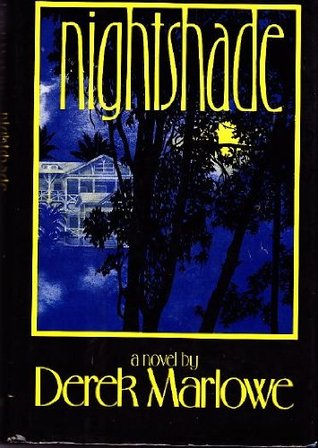
Nightshade (Derek Marlowe, 1976)
List: Jones/Newman
Edward and Mary are husband and wife, demur and naïve, unconsecrated. After an implied tragedy, they take an extended vacation in the Caribbean where their relationship begins to disintegrate amidst the voodoo mysticism of Haiti.
This one was quite interesting, a very mysterious novel that leaves much up to interpretation. What are the external forces that force themselves upon the couple? While the book is in third person, it very clearly follows events from Edward’s viewpoint aside from a few key points, making for a highly subjective view of the events that transpire. By the end, it becomes much clearer that the impression Edward created of things is heavily skewed and not as they are, particularly as it pertains to his relationship with Amy. Throughout the novel, the character of Blanche, a specter from the past, looms large. I intentionally am leaving the write-up vague as part of the magic of the book is watching the narrative subtly begin to tighten the noose and lead to an inevitable end that isn’t so obvious at the start. I really liked the idea behind it, but I will say that the central character of Edward grows increasingly infuriating to follow as he makes terrible decisions and ignores critical advice. Overall though this was a nice outsider approach to psychological horror recommended for people who may not even be horror fans.
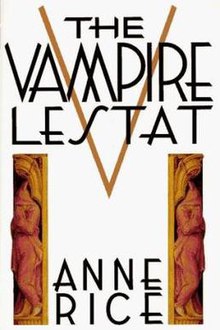
The Vampire Lestat (Anne Rice, 1985)
List: NPR
This follow-up to Interview with the Vampire focuses primarily on Lestat’s 200+ year history, from his story of how he became a vampire to his travails with a vampire death cult to how he deals with his mother succumbing to consumption up to the modern era of where he launches a rock star career and his interactions with other vampires along the way.
At over twice as long as Interview with the Vampire, The Vampire Lestat feels very bloated and meandering. Unlike Interview which has the interview itself to act as an anchor point, this one feels even more episodic. This happened, then this happened, then this happened, etc. I’m sure people who like a lot of world-building and dig the vampire lore will find a lot to chew on here but as for me, I just kept wanting the story to get on with it. One thing I did find interesting though was how the novel Interview with the Vampire exists as a book in Lestat’s world, and some of the events and character interactions actually play out differently here than how they were represented in that prior book, making for a little bit of an unreliable narrator vibe at times. It doesn’t really take advantage of this very much though. Overall, I can’t say I was the biggest fan of this but I can see how this series certainly has its fans.

